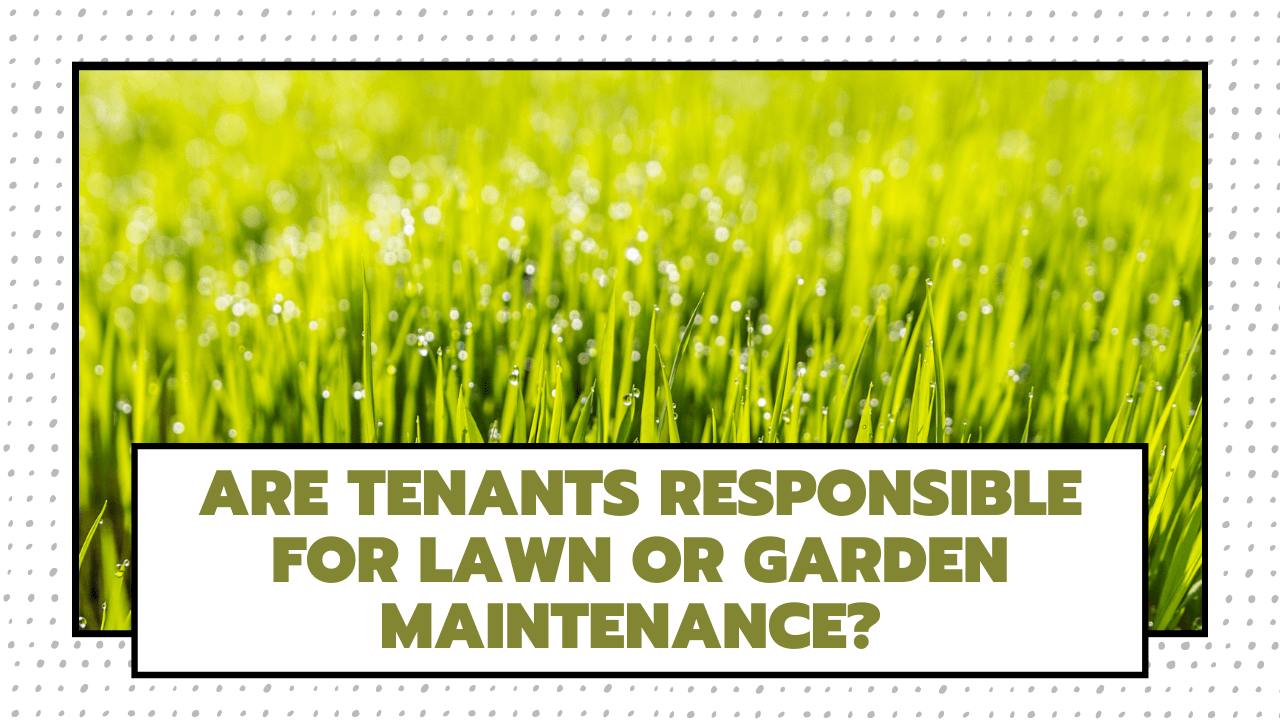Whichever direction you decide to go, make sure you include the lawn and garden maintenance in your lease agreement. Be specific about how it will be handled and who is responsible for overseeing its care. You’ll want to be absolutely sure your tenants understand how you want this handled. You don’t want your tenants to assume it’s not their responsibility, and you also don’t want your tenants to be out there with a lawn mower if you’re already paying for a professional service.
We can help you work through these details and any other questions you might have about leasing, managing, and maintaining your rental property. Contact our team at Florida Property Management Services.















